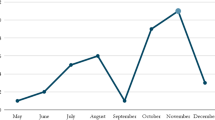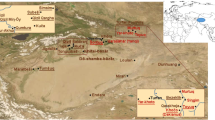Abstract
THE relation of the State to the national museums, and of the latter to each other, discussed in NATURE for March 11, is a matter calling for very careful consideration at the present time. A Ministry of Learning and Research, such as is there suggested, would render very useful service if it could (1) see that the governing body of each institution was composed of persons duly qualified for their work; (2) define the scope of each institution, so as to diminish the risk of competition for desirable specimens, and to provide each with a definite piece of work for the benefit of the community; (3) provide each institution with a due proportion of financial assistance; and (4) arrange such a scale, of salaries as would ensure the appointment and retention of the brains best adapted for the purpose in view. At this point central control should cease, and each governing body be left to do its own work, with the assistance of its staff.
This is a preview of subscription content, access via your institution
Access options
Subscribe to this journal
Receive 51 print issues and online access
$199.00 per year
only $3.90 per issue
Buy this article
- Purchase on Springer Link
- Instant access to full article PDF
Prices may be subject to local taxes which are calculated during checkout
Similar content being viewed by others
Author information
Authors and Affiliations
Rights and permissions
About this article
Cite this article
HOYLE, W. Museums and the State. Nature 105, 69–70 (1920). https://doi.org/10.1038/105069b0
Issue Date:
DOI: https://doi.org/10.1038/105069b0
Comments
By submitting a comment you agree to abide by our Terms and Community Guidelines. If you find something abusive or that does not comply with our terms or guidelines please flag it as inappropriate.



